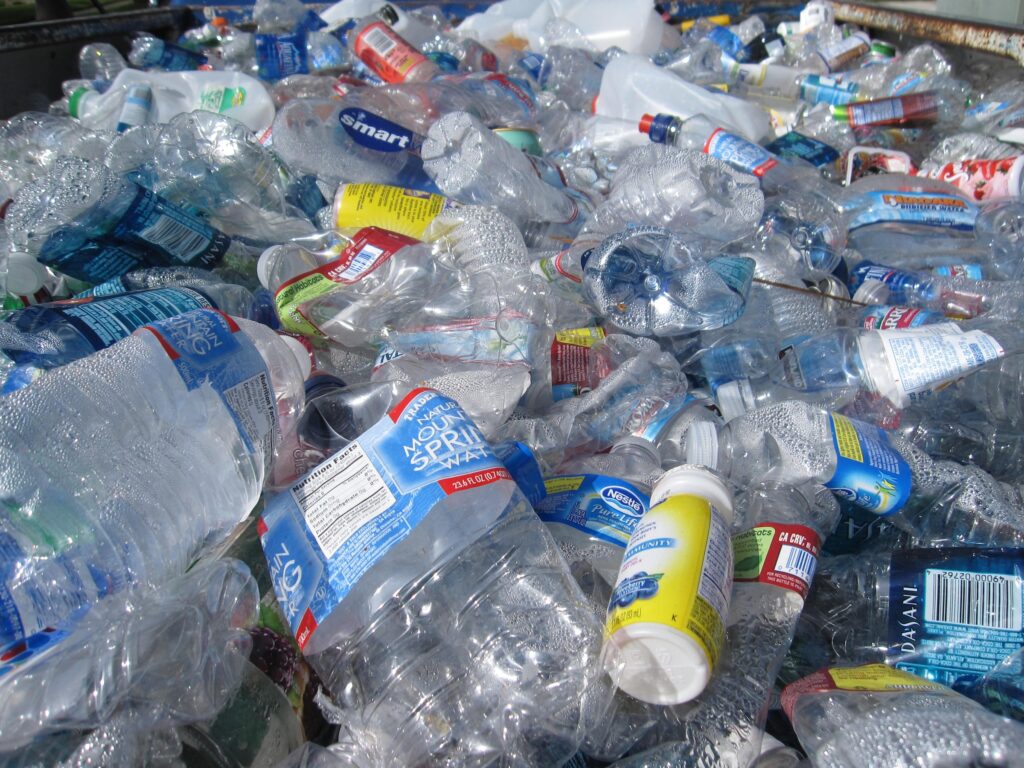An ambitious global treaty on plastics is the main bet to overcome the pollution. By the end of 2024, countries are expected to complete negotiation of a global agreement to end plastic pollution.
ADVERTISING
End plastic pollution
The decision was adopted at the 5th session of the United Nations Environment Assembly (Unea), in March 2022. The resolution was hailed as the most important multilateral environmental pact since the Paris Agreement on climate change.
Decisions taken during these negotiations could radically transform the way plastics are produced, consumed and disposed of, as the objective is to develop a legally binding international instrument on plastic pollution, including in the marine environment.
Intergovernmental Negotiating Committee
The Intergovernmental Negotiating Committee, created to draft the treaty, is organized by UNEP and composed of delegates from Member States.
ADVERTISING
Since Unea-5, participants have been meeting to work out the details of the legal instrument. The first session was held in November 2022 in Punta del Este, Uruguay, with more than 2,3 participants from 160 countries and stakeholder groups. The second round of negotiations took place in Paris, France, last week.
Plastic life cycle
Although plastic pollution is often framed as a waste management issue, the concept encompasses all negative effects and emissions resulting from the production and consumption of plastic materials and products throughout their life cycle.
From the extraction and processing of raw materials to design, manufacturing, distribution, use and disposal, plastics impact the health of people and the planet.
ADVERTISING
A life cycle approach helps identify and consider all potential impacts caused by plastic products, services and their alternatives at each stage of the value chain.
For UNEP, all stages must be addressed to reduce pollution and waste.

Relevant facts
According to UNEP, the world produces 430 million tons of plastic annually. Only 9% is recycled. At the current rate, plastic production is expected to triple by 2060.
ADVERTISING
The agency warns that two thirds of plastic products have a cycle curto, being quickly discarded.
UNEP also warns that the social and environmental costs caused by plastic pollution are high: US$1,3 trillion per year.
It is estimated that the world generated 139 million metric tons of single-use plastic waste in 2021. This is equivalent to more than 13,7 Eiffel Towers. 😱
ADVERTISING
With the implementation of new habits, the plastic chain could create 700 jobs for informal workers.
(With UN News)
Read also
* The text of this article was partially generated by artificial intelligence tools, state-of-the-art language models that assist in the preparation, review, translation and summarization of texts. Text entries were created by the Curto News and responses from AI tools were used to improve the final content.
It is important to highlight that AI tools are just tools, and the final responsibility for the published content lies with the Curto News. By using these tools responsibly and ethically, our objective is to expand communication possibilities and democratize access to quality information. 🤖






